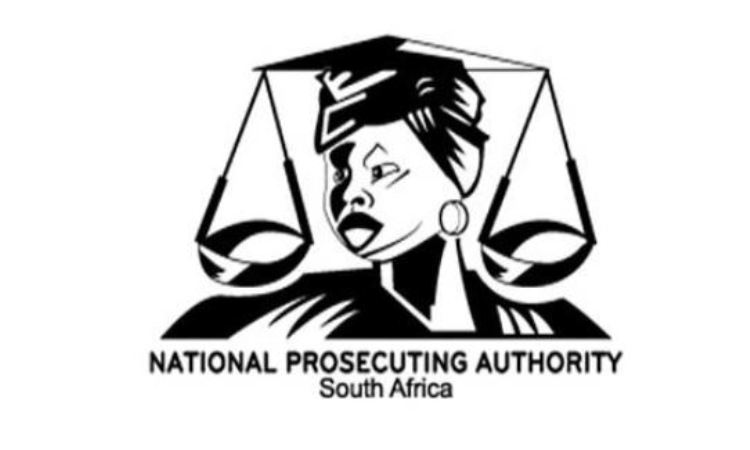NPA Decides Not to Prosecute in Phala Phala Case Involving President Ramaphosa
In its statement, the NPA detailed that the decision not to prosecute was reached after Advocate Thenga conducted a thorough assessment of all available evidence presented to her by the DPCI.

- Country:
- South Africa
The National Prosecuting Authority (NPA) has announced that it will not prosecute anyone in connection with the Phala Phala case, a decision made by Limpopo’s Director of Public Prosecutions (DPP), Advocate Mukhali Ivy Thenga.
This decision follows an extensive investigation carried out by the Directorate for Priority Crimes Investigation (DPCI), stemming from a complaint filed by Mr Arthur Fraser with the South African Police Service (SAPS). The criminal complaint specifically targeted the President of South Africa, Mr. Matamela Cyril Ramaphosa.
In its statement, the NPA detailed that the decision not to prosecute was reached after Advocate Thenga conducted a thorough assessment of all available evidence presented to her by the DPCI. She determined that there was "no reasonable prospect of a successful prosecution" based on the evidence contained in the docket.
Legal Considerations in the Decision
The DPP's decision adhered to the Prosecution Policy of the NPA, which mandates that prosecutors evaluate whether sufficient and admissible evidence exists to warrant a reasonable chance of success in court. Key factors considered during this evaluation included:
The strength of the case for the State
Availability of evidence
Credibility of State witnesses
Admissibility and reliability of evidence
Strength of the defense's case
Nature of the Complaints
The original criminal complaint alleged that both President Ramaphosa and Major General Wally Roode may have engaged in activities amounting to money laundering and corruption. The investigation also examined potential violations of the Income Tax Act 58 of 1962 and Exchange Control Regulation 1962. This investigation was prompted by a reported break-in and theft of an undisclosed amount of US dollars at Phala Phala Farm in Bela Bela, Limpopo.
The NPA's decision highlights the complexities involved in prosecutorial discretion and the necessity for strong, admissible evidence to support criminal charges. The Phala Phala case has drawn significant public attention, and the decision not to prosecute marks a notable moment in the ongoing scrutiny of President Ramaphosa's actions related to this matter.










